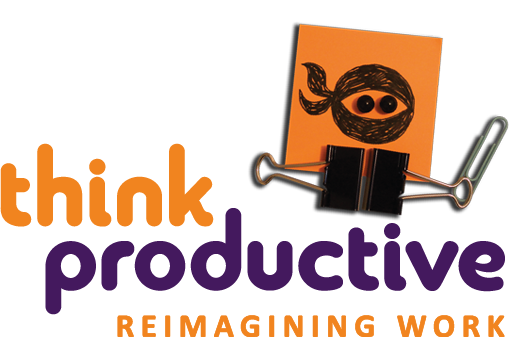Whether you’re looking for your first job or waiting in line for your fifth interview this week, interviews can be a stressful and nerve-wracking process. So to avoid a sweaty handshake or running the risk of forgetting your own name, give yourself time to get into productivity ninja mode.
Practice makes the perfect interviewee
Time and time again, our skills and experience are tested by the same generic interview questions. Why do you want this role? Why should I hire you? Ensure you take advantage of the practice information available online and familiarise yourself with typical questions and answers your interviewer might ask you. The more prepared you are for your interview, the more confident and collected you will come across to your interviewer, and the higher your chances of securing the job.
Do your homework, Ninja
Another tricky question that most of us expect, but don’t necessarily prepare fully for is ‘What do you know about this company?’ Don’t underestimate the importance of this one. Make sure you fully research the company, including its brand values, history and competitors. You may also want to familiarise yourself with their website and other marketing materials, in case they ask for your opinion. You don’t need to know anything word-for-word, but think about how easy their website is to navigate, for example. But to avoid projecting negativity, don’t be overly critical.
Make sure you dress to impress
Appearance doesn’t count for everything, but first impressions do, and an interview is the perfect opportunity to show your potential employer the best version of yourself. Sometimes, you will be given pre-warning as to how you are expected to dress for the meeting. If not, assume the dress code will be smart – it’s always better to overdress than to underdress for an interview. This might be obvious, but the sad reality is, looking scruffy could cost you the position. In a recent Job Outlook survey by NACE, almost three-quarters of respondents said a candidate’s grooming would have a strong influence on their opinion of the candidate, and nearly half cited nontraditional interview attire as exerting a strong influence.
Enthusiasm gets you the job
When you’re preparing yourself in the waiting spot ready to be interviewed, try not to let nerves get the better of you. Easier said than done – I know – but you’ll be surprised at how quickly your composure changes with a smile. Yoko Ono told us all to smile in the mirror. ‘Do that every morning and you’ll start to see a big difference in your life.’ A smile can radiate confidence, power and determination – and shows your interviewer just how much you want the job. And you can make a good impression before you even enter the interview room. Delivering your resume personally to the company echoes your enthusiasm for the position and makes your application stand out above all else. After the interview, be sure to make a follow-up call too. But make sure you wait a few days before doing so to avoid pestering them – think about how many applicants they will have interviewed.
Ready, Steady, Power Pose!
Whether intentional or not, we all express power (or lack of) through our bodies. Crossing your arms in awkward situations, biting your nails when you’re nervous – whatever your habits, you’ve probably noticed them at some point. If you walk into the interview room looking down and mutter a shy hello, you’re not giving off a great first impression. Experts say that power posing, for example, spreading your arms wide to appear more powerful, makes us feel more confident and causes physical changes in our body chemistry. Harvard Professor Amy Cuddy (a social psychologist) recently tested the effect of power posing before an interview, and found that ‘high-power posers appeared to better maintain their composure, to project more confidence, and to present more captivating and enthusiastic speeches, which led to higher overall performance evaluations.’
By Emma Gibbins
